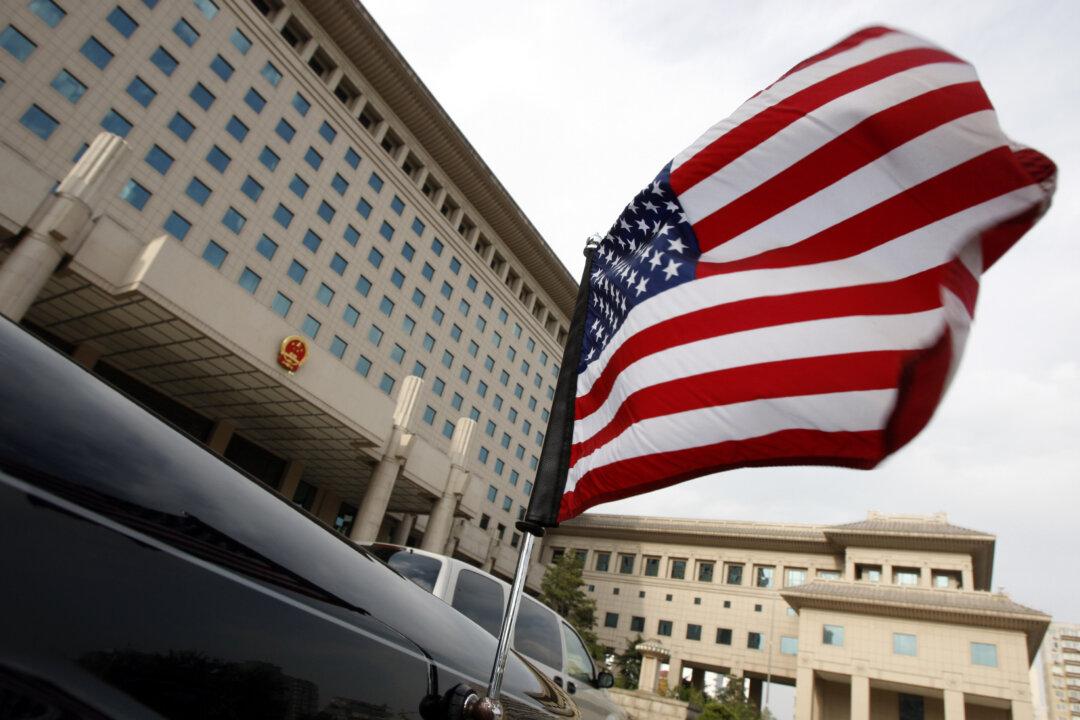Commentary
U.S. Secretary of State Antony Blinken is bending over backward to extend a friendly hand to China. He may slip on the ice. Beijing’s proffered handshake, if it can be called one, looks frigid.

U.S. Secretary of State Antony Blinken is bending over backward to extend a friendly hand to China. He may slip on the ice. Beijing’s proffered handshake, if it can be called one, looks frigid.